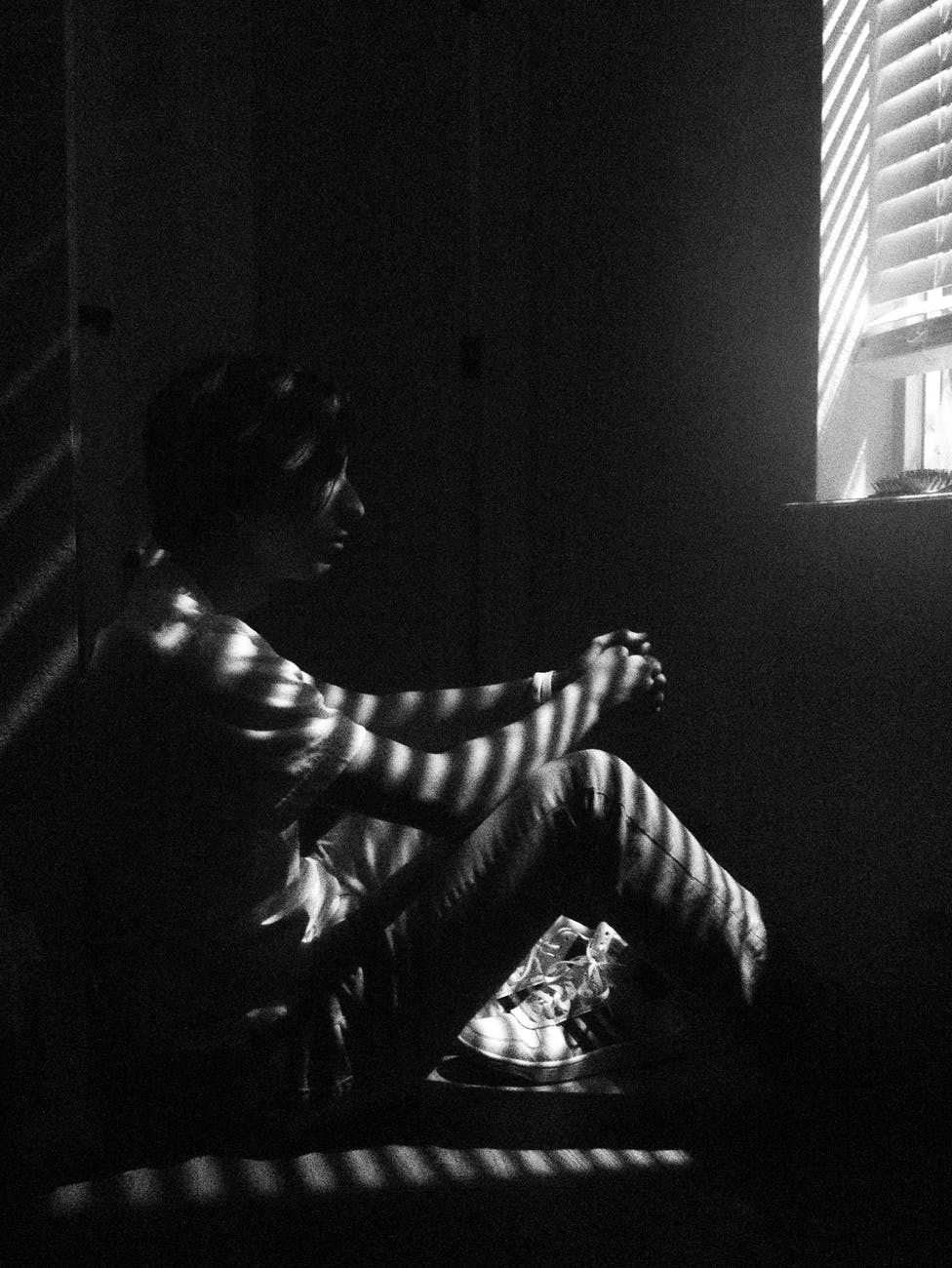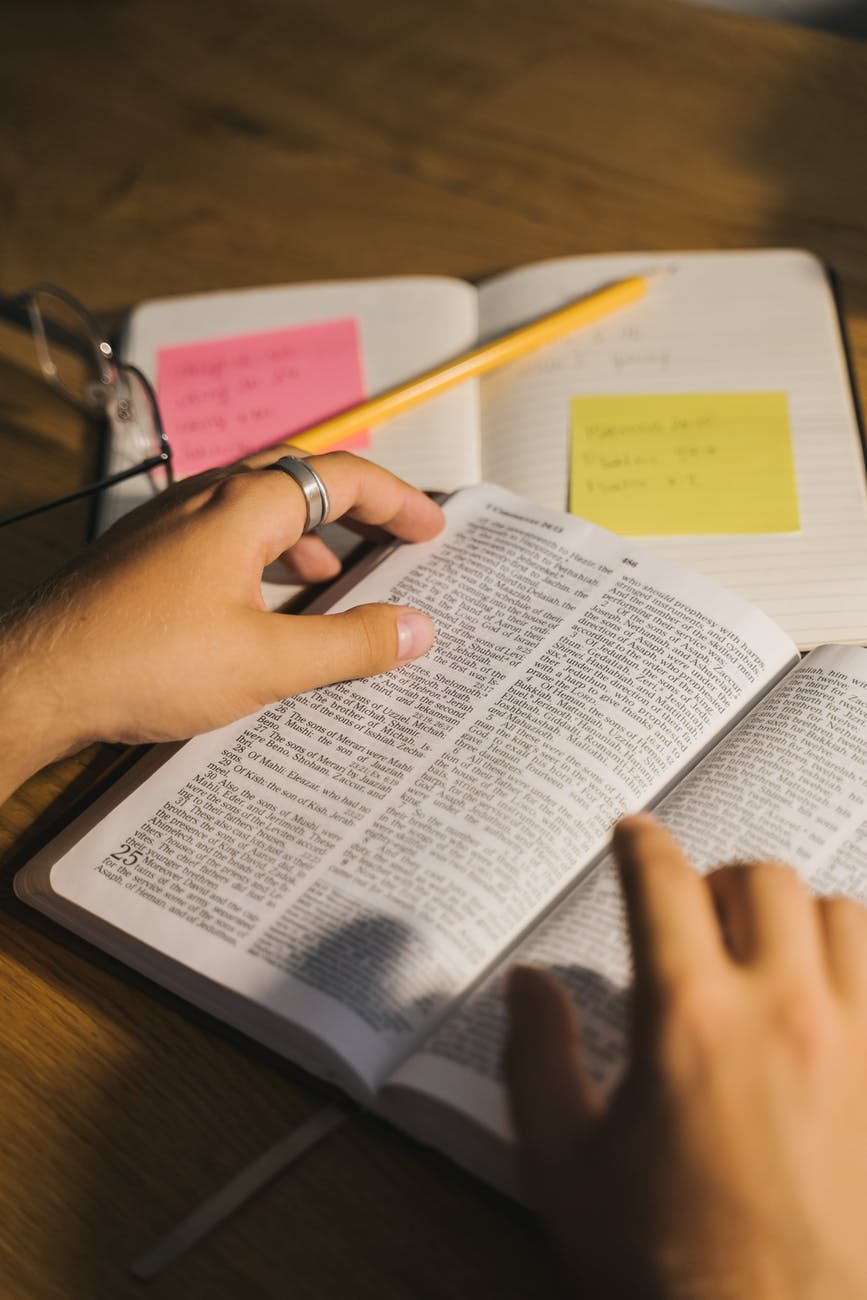
God is with me in my panic attack
I was 25 years old when I scored my dream job—working as an editor on the outskirts of Washington, D.C. After growing up in California, I
ARTICLES BY COLLEEN CHAO

I was 25 years old when I scored my dream job—working as an editor on the outskirts of Washington, D.C. After growing up in California, I

My life is a story of God being with me. I can point to time after time when He broke in on my darkness, when

I’ll admit: the holiday season can put me on edge. But this year it’s not just the frenzy of festivity that looms large on the horizon.

I was 25 years old when I scored my dream job—working as an editor on

I’ll admit: the holiday season can put me on edge. But this year it’s not just